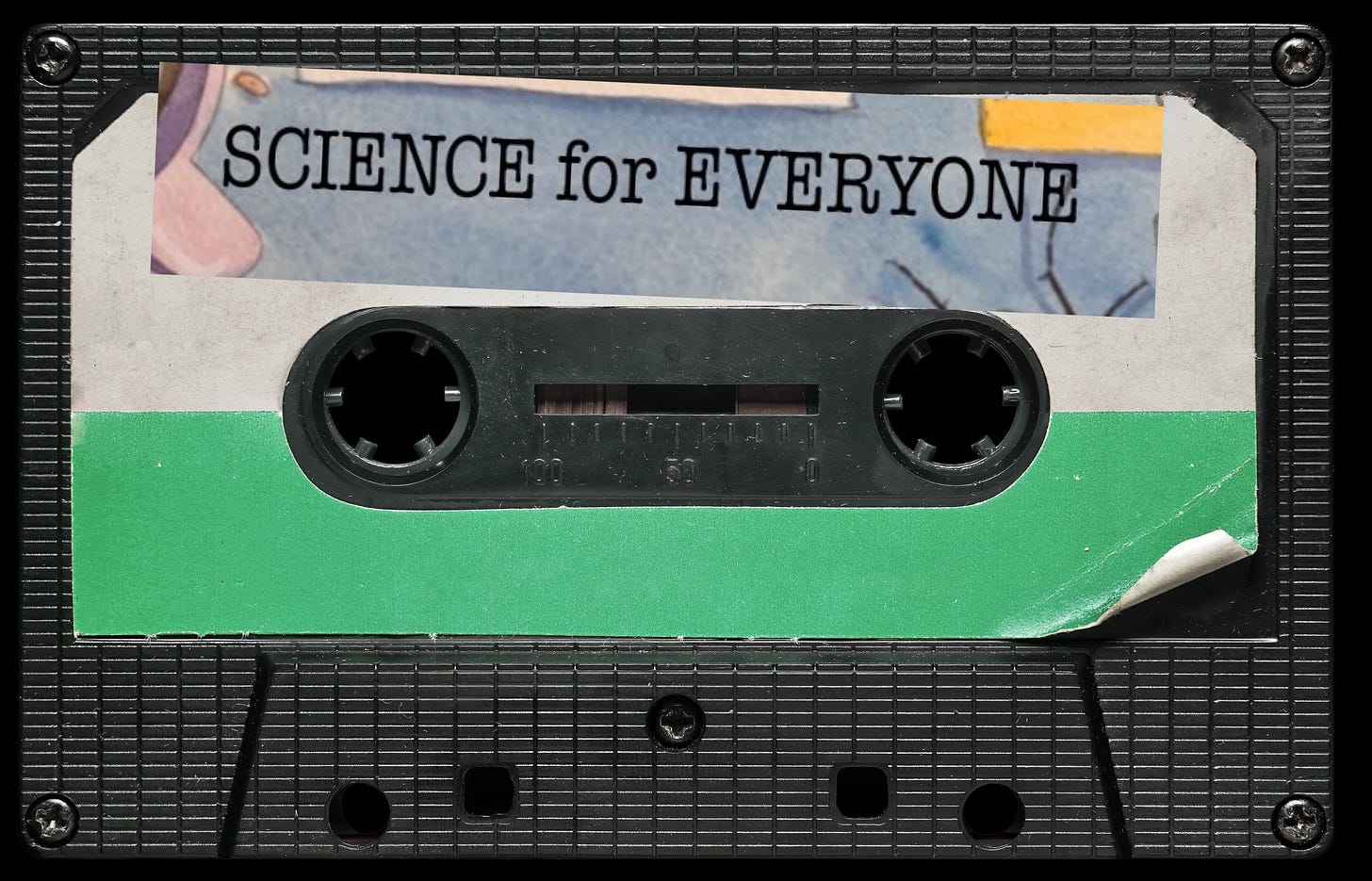Is there really such as thing as tropical biology? Emilio Bruna lays it out, and concludes: “I suggest that the way forward as a discipline is not for Tropical Biologists to drop the geographic adjective that unites them, but to recenter The Tropics as the foundation of ecology and evolutionary biology.”
Here’s some science about kindness in the academic workplace: “The influence of kindness on academics’ identity, well-being and stress.” The take home-message? Take the time out to be kind, it’s worth it.
While there have been big stories in Nature and The Chronicle about faculty mobbing and retaliation experienced by Priyanga Amarasekare at UCLA in the Department of Ecology and Evolutionary Biology, a lot of people in eco and eco haven’t heard about it. Her story is shocking and the conduct of her colleagues is petty and ugly. Anyhow, here’s the latest about this from the UCLA newspaper, in which she’s suing for damages after experiencing years without pay or access to her lab or her students or her external funding.
Sure, men might be contributing a little bit more to domestic labor, somewhat, but the cognitive work of keeping track of all the stuff? It’s still the women, for sure.
Putting the persistent maleness of the Nobel Prizes in larger perspective.
Why are successful scientists leaving academia mid-career?
Stories of our post-Roe America.
Here’s a story about rewilding Ireland. It’s only within recent years that I began to appreciate the fact that before people cut everything down, Ireland was a rainforest.
A personal story from a professor on the tenure track at a small college that closed down.
A report just came out to explain what happened to Arecibo in the few years after Hurricane Maria and before it collapsed.
UCSD now has a GE requirement for a climate change course.
I’m partway through two nonfiction books that are really good so I want to tell you about them now. First is On the Wrong Side by Nicole Bedera, which studies what happens after survivors of sexual violence try to go through their university for accountability. It’s not an easy read but I think a detailed understanding of how these things often play out is important to know how to repair our own institutions. Here’s an interview with Dr. Bedera in Inside Higher Ed that is also worth your time. The other book, which I happened upon in the new book section of the library, is "The Hamilton Scheme, which is exactly the book about Alexander Hamilton that I wanted to be able to share with people when folks were getting all woo-woo about him several years ago. It’s not a takedown of the guy in any way, but it does explain how he was very much an elitist, and his economic plans for the country are in the same vein, and how the roots of the persistence of economic inequalities in the United States are rooted in what he cooked into the firmware that this country runs on. Here’s an interview with the author on NPR.
Apropos of [looks around at everything], the history of Hitler’s establishment enablers.
A few months ago, a friend of mine (who is a molecular biologist) kinda blew my mind when she said that one of the many reasons to give blood frequently is to reduce levels of PFAS and other soluble toxins that are swimming around in our bloodstream. It entirely made sense to me but I never thought of it that way. I recently looked this up and indeed, it’s a thing people are thinking and writing about. Here’s a thoughtful and informative piece about this.


